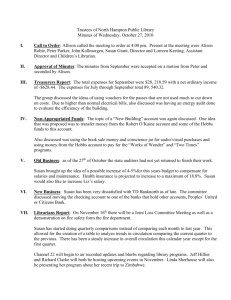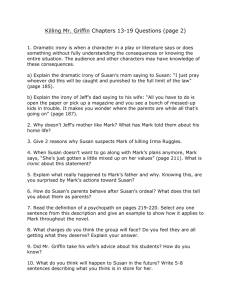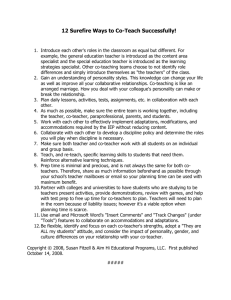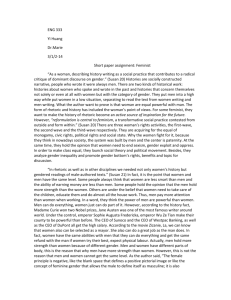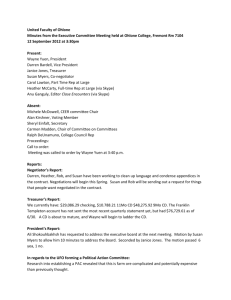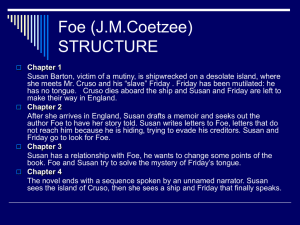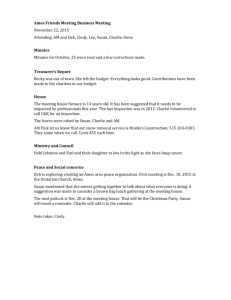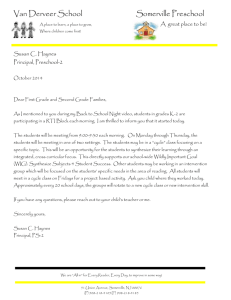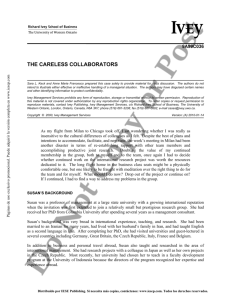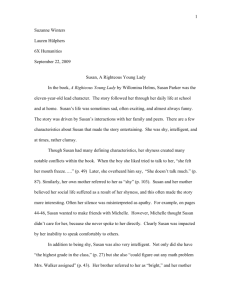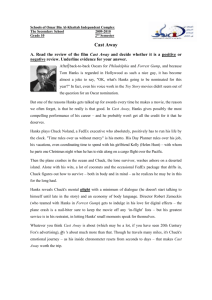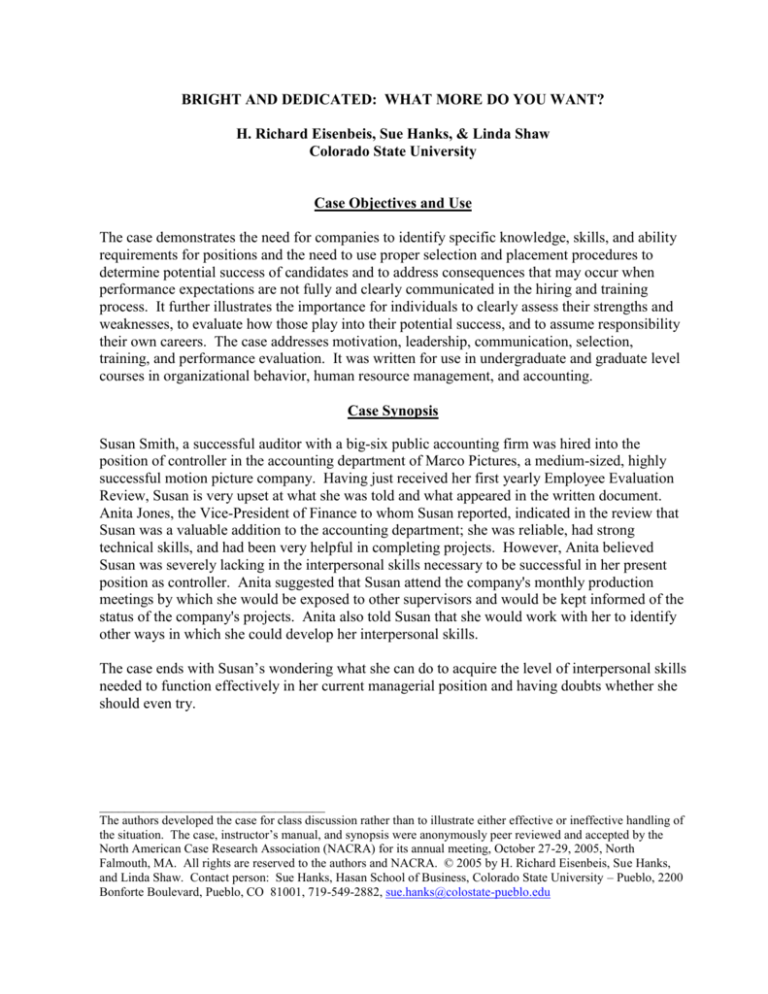
BRIGHT AND DEDICATED: WHAT MORE DO YOU WANT?
H. Richard Eisenbeis, Sue Hanks, & Linda Shaw
Colorado State University
Case Objectives and Use
The case demonstrates the need for companies to identify specific knowledge, skills, and ability
requirements for positions and the need to use proper selection and placement procedures to
determine potential success of candidates and to address consequences that may occur when
performance expectations are not fully and clearly communicated in the hiring and training
process. It further illustrates the importance for individuals to clearly assess their strengths and
weaknesses, to evaluate how those play into their potential success, and to assume responsibility
their own careers. The case addresses motivation, leadership, communication, selection,
training, and performance evaluation. It was written for use in undergraduate and graduate level
courses in organizational behavior, human resource management, and accounting.
Case Synopsis
Susan Smith, a successful auditor with a big-six public accounting firm was hired into the
position of controller in the accounting department of Marco Pictures, a medium-sized, highly
successful motion picture company. Having just received her first yearly Employee Evaluation
Review, Susan is very upset at what she was told and what appeared in the written document.
Anita Jones, the Vice-President of Finance to whom Susan reported, indicated in the review that
Susan was a valuable addition to the accounting department; she was reliable, had strong
technical skills, and had been very helpful in completing projects. However, Anita believed
Susan was severely lacking in the interpersonal skills necessary to be successful in her present
position as controller. Anita suggested that Susan attend the company's monthly production
meetings by which she would be exposed to other supervisors and would be kept informed of the
status of the company's projects. Anita also told Susan that she would work with her to identify
other ways in which she could develop her interpersonal skills.
The case ends with Susan’s wondering what she can do to acquire the level of interpersonal skills
needed to function effectively in her current managerial position and having doubts whether she
should even try.
____________________________________
The authors developed the case for class discussion rather than to illustrate either effective or ineffective handling of
the situation. The case, instructor’s manual, and synopsis were anonymously peer reviewed and accepted by the
North American Case Research Association (NACRA) for its annual meeting, October 27-29, 2005, North
Falmouth, MA. All rights are reserved to the authors and NACRA. © 2005 by H. Richard Eisenbeis, Sue Hanks,
and Linda Shaw. Contact person: Sue Hanks, Hasan School of Business, Colorado State University – Pueblo, 2200
Bonforte Boulevard, Pueblo, CO 81001, 719-549-2882, sue.hanks@colostate-pueblo.edu

